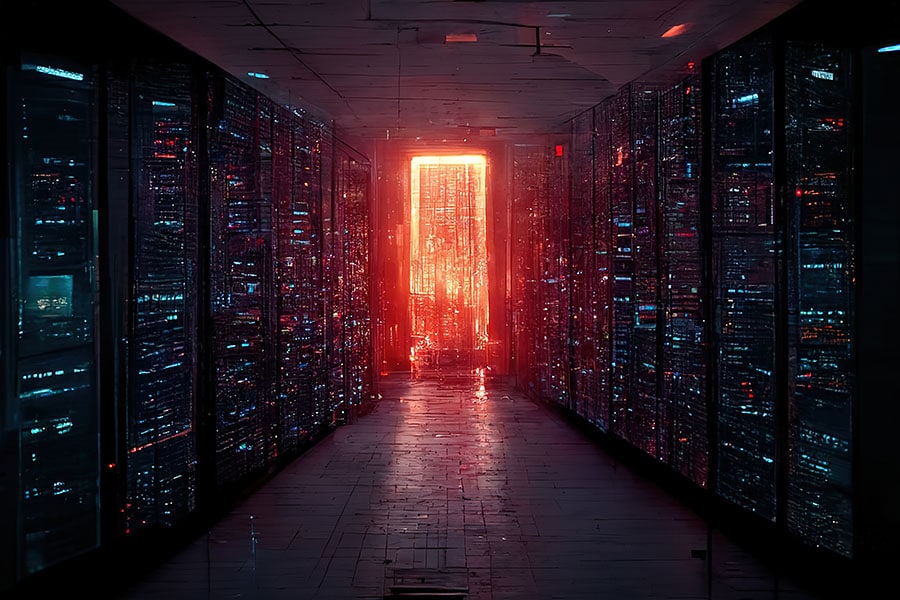
Why cyber-security needs to be a strategy in the infinite corporate game
A typical finite game mindset is harmful in the long run to both, sustainable ROI and shareholder satisfaction, and a robust and secure cyber-space. IIM-Calcutta proposes managerial action items for cyber-security to become an integral part of the business and competition
 How C-suites in modern businesses handle cyber-risk management will reveal that most of them (90 percent of whom represent SMBs) ‘play’ the game of increasing ROI against their peer competitors and focus mostly on product/application QoS to woo consumers.
Image: Shutterstock
How C-suites in modern businesses handle cyber-risk management will reveal that most of them (90 percent of whom represent SMBs) ‘play’ the game of increasing ROI against their peer competitors and focus mostly on product/application QoS to woo consumers.
Image: Shutterstock
Most enterprise leaders around the globe have converged upon the importance of IoT and CPS technologies (complemented with Cloud and AI) to improve business productivity and consequent ROI. It has become a common strategy across most businesses to compete (akin to a strategic game) with similar peers on popularly established business KPIs via the integration of IoT/CPS technology on the multiple critical business dimensions that include:
- asset tracking and inventory management,
- real-time data collection and sharing among business processes on how consumers interact with products,
- forming new business lines and value-added-services,
- facilitating omnichannel services,
- enhancing accessibility, efficiency, and productivity of business processes, and
- improving customer experience.
Attractive, as it might seem, the benefits of IoT/CPS integration in modern businesses are not without major security drawbacks. When exploited by nation-states and other cyber adversaries, they can majorly disrupt business continuity for up to multiple weeks at the individual and supply chain layers.
A closer look into how C-suites in modern businesses handle cyber-risk management will reveal that most of them (90 percent of whom represent SMBs) ‘play’ the game of increasing ROI against their peer competitors and focus mostly on product/application QoS to woo consumers. In the process, cyber-security of business processes at various levels of IT/IoT system granularity takes a backseat, even though many SMBs are equipped with necessary resources that can potentially mitigate the cyber-attack space. In this article, we view through a finite and infinite game-theoretic lens the existing glaring issues C-suites of organisations subject themselves to, against achieving robust organisational cyber-security. We argue why a typical finite game mindset prevalent in the business world is harmful in the long run to both, sustainable ROI and shareholder satisfaction, and a robust and secure cyber-space. We also propose managerial (strategic) action items, motivated by the principle of infinite (business) games, for cyber-security to become an integral part of the product/application design process and business competition.
Why C-Suites don’t make cyber-security a just cause
The main reason why cyber-security breaches affect organisations often, despite being resource-equipped to better manage cyber risk, is that most C-suites adopt a finite mindset and do not promote cyber-security as a just cause. The finiteness is a direct outcome of businesses competing with peers on well-established ROI metrics known to all, and cyber-security does not belong to these metrics. In doing so, businesses become myopic and do not account for the long-term futuristic impact of cyber-security as a new ROI-improving factor. The rationale behind this myopic firm behaviour is based on two main reasons.
1. Historically, according to multiple organisational surveys conducted on CEOs (Source: MIT CAMS), there has been a clear difference between the preferences of the C-suite and the IT managers (e.g., CISOs). The C-suite is
[This article has been published with permission from IIM Calcutta. www.iimcal.ac.in Views expressed are personal.]







